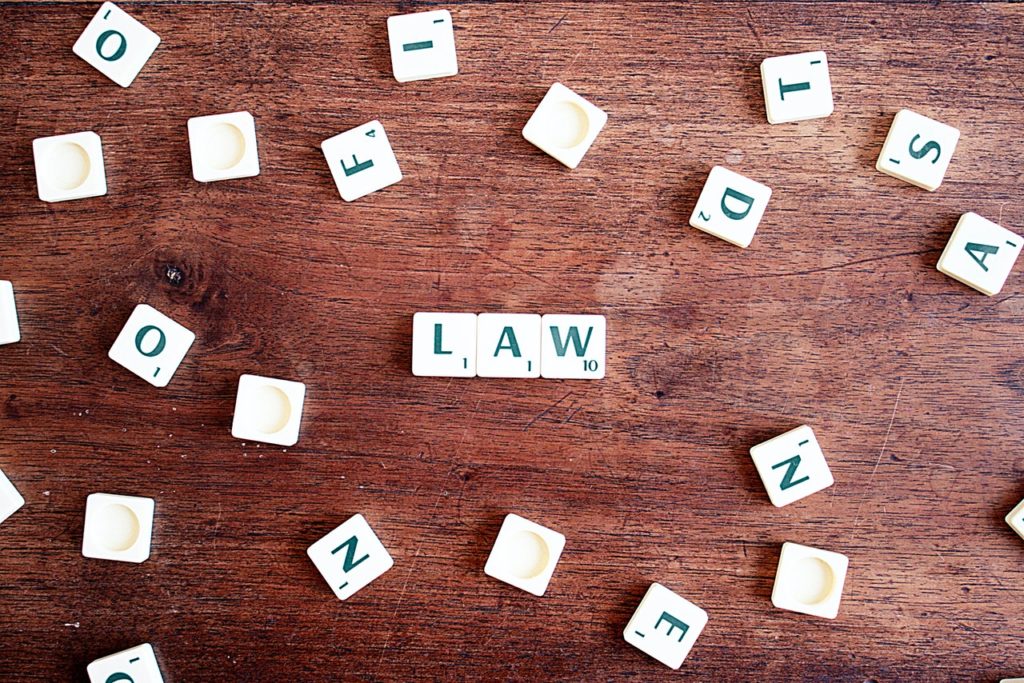The coronavirus pandemic has brought with it a host of legal issues that, up until a few months ago, were not considered a looming possibility. It has caused major disruptions to supply chains with businesses and customers alike, finding it increasingly difficult to meet their contractual obligations.
As a result, many legal gray areas have emerged, particularly in business interruption issues. With the economic strain felt by corporations the world over, it is now more important than ever for businesses to arm themselves with solutions that go beyond the health repercussions that come with the virus.
A question that litigators have been getting during this period is whether the force majeure clause in legal contracts justifies the suspension of performance obligations. The answer to this isn’t so straightforward. Here’s everything you need to know about it.
Force Majeure Definition
This is an extraordinary circumstance beyond an individual’s control that prevents one or all the parties under a contract from effectively fulfilling their legal obligations under the provisions of that agreement. The term is a French phrase that translates to “superior force.”
The purpose of the clause is to distribute the risk among all parties when an extraordinary event makes performance impractical or impossible. Does the corona-virus constitute a force majeure event? This all boils down to whether or not it can be classified as a natural disaster.
Pandemic vs. Epidemic
If COVID-19 has taught us anything, it’s that not all infectious diseases are created equal. Some can cause an epidemic, while others are capable of creating an even bigger monster. So what is an epidemic, and how is it different from a pandemic?

An epidemic is a disease that affects a large number of people within a population in a particular region or community. A pandemic, on the other hand, is essentially an epidemic that spreads to multiple countries. If it is confined to one country, then it is referred to as an endemic.
An easy way to remember the answer to the question – what is a pandemic – is to remember the “p” in “pandemic.” A pandemic has a “passport,” which means it is present in multiple countries. Coronavirus may have started as an epidemic in Wuhan, China, but it now affects every country in the world.
Is a Pandemic a Natural Disaster
Getting back to whether or not the coronavirus can be classified as a natural disaster. President Trump recently invoked the provisions of the Stafford Disaster Relief and Emergency Assistance Act.
The purpose of this 1988 federal law is to provide a systematic way to offer federal assistance to local and state governments in fulfilling their responsibilities to help their citizens in times of natural disaster. This act, which is administered by the Federal Emergency Management Agency under the US Department of Homeland Security, provides federal responses in two main categories of catastrophic events – national emergencies and major disasters.
The legal conundrum arises when defining what constitutes a major disaster and whether or not a pandemic falls in this definition. According to the statute, a major disaster is any “natural catastrophe” that the President deems severe enough to warrant federal assistance.
The statute further describes a natural disaster as any drought, snowstorm, mudslide, landslide, volcanic eruption, earthquake, tsunami, tidal wave, wind-driven water, high water, storm, tornado, or hurricane. It also includes explosions and floods, regardless of the cause.
Legal Implications
Is a pandemic a natural disaster? From a legal standpoint, the coronavirus doesn’t seem to fit very well into this definition.
But, given how hard-hit the country is, and the devastating consequences it has had and continues to have on individuals, communities, businesses, and the economy at large, the President considered the resulting situation to be of sufficient magnitude and severity to invoke the provisions of the Act without any objection from Congress.
Provisions of Force Majeure Under COVID-19

With that said, keep in mind that the applicability of the clause is contract-specific. The law also sets a high bar for any contractual party looking to invoke the clause. In the case of COVID-19, courts have to consider three things when considering their applicability.
- Does the pandemic qualify as a force majeure under the contract in question?
- Was the risk of non-performance foreseeable, and could it have been mitigated?
- Is it truly impossible to meet the contractual obligations stipulated by the contract?
The reality of the current situation is this: The World Health Organization’s (WHO) classification of the coronavirus as a “pandemic” triggers force majeure clauses that explicitly account for “pandemics.” If there’s no reference to a pandemic, an epidemic, or any other form of a viral outbreak within the clause, then the clause won’t be a sufficient defense due to COVID-19.
For contracts whose force majeure clause expressly accounts for pandemics, it is still not all that straightforward either. While the parties seeking to invoke the clause don’t necessarily have to show that the event was unforeseeable, they still have to prove that:
- They took measures to mitigate the consequences of COVID-19
- Performance under the terms of the contract is truly impossible
The recent government regulations, like the ban on travel, large gatherings, and movement restrictions, intended to contain the spread of the coronavirus, can make it easier to invoke clauses that previously could not be triggered by the pandemic.
But, keep in mind that non-performance can only be considered if the clauses in question enumerate the governmental regulations or orders that make it impossible to fulfill the terms of the contract.
The Way Forward
Businesses need to keep a close eye on the COVID-19 developments and monitor the potential impact it may have on their day-to-day operations and contractual obligations. Ensure that you document all the reasonable steps taken to mitigate the effects of the virus on your business operations.
This will come in handy if you ever need to invoke the provisions of the force majeure clause. Contracts that don’t have this clause will have to defer to common law doctrines of impracticability or impossibility.
If you have more legal questions, you can also chat now with a Laws101.com attorney, where you’ll be instantly connected to a lawyer who can give you legal guidance on your specific case or question.
